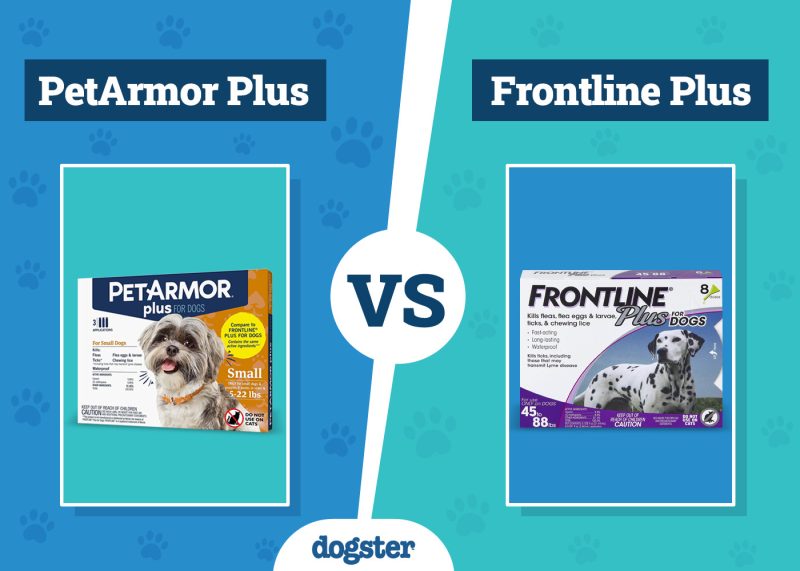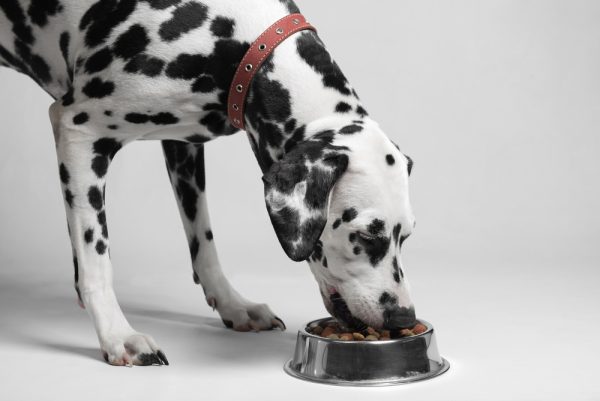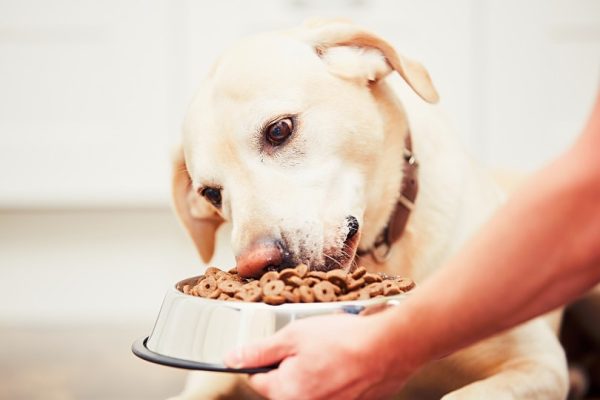My Miniature Poodle’s eyes used to water incessantly. I thought he might have allergies, so during a particularly bad spell I brought him to my veterinarian for an exam. The vet checked out his eyes and discovered something surprising. My dog had rogue eyelashes growing on the undersides of his eyelids. It was a genetic condition (something he was born with) called distichiasis, and it probably bothered him quite a bit. (Imagine how it would feel to have an eyelash stuck in your eye at all times.)
My vet, who is amazing, said he could try a few things to help my dog, but he actually thought it would be better for us to go see a veterinary ophthalmologist. This veterinary specialist would be more familiar with treating the condition since all she does is treat eye disorders.
Just like with people, pets can benefit from seeing specialists. If you were diagnosed with cancer, your doctor would send you to an oncologist. If you hurt your knee and needed surgery, your doctor would refer you to an orthopedic surgeon. If you had a heart attack, you would be referred to a cardiologist.
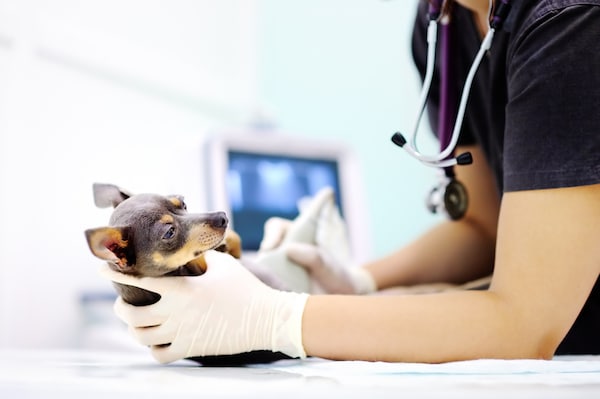
Here are seven things you need to know about veterinary specialists:
1. Your vet may want to refer your dog to a specialty veterinarian
Your general practitioner vet is a jack-of-all-trades, so to speak. In veterinary school, he or she learned how to diagnose and treat a wide variety of diseases and injuries in many different species, and is well-versed in preventive care. Your vet is usually more than capable of taking care of your dog, even if he is very sick. But sometimes, your vet might want to refer you to a specialist.
“Typically if the veterinarian feels the medical care (medicine or surgery) is beyond their scope, or if a specialist trained in that area can perform the same procedure better, then referral should be recommended,” said Steve Scibelli, DVM, owner of Pacific Coast Veterinary Hospital in San Clemente, California. “A true board-certified specialist (Diplomates) have done a residency in that specialty, which should translate in their ability to perform and consult in more complicated situations benefiting from this expertise.”
2. You may be able to refer yourself to a specialty veterinarian
Most specialists require that you get a referral from your general veterinarian. If your vet hasn’t seen your dog for the specific issue, he or she will usually want to examine him first before providing a referral. If you ever feel uncomfortable or dissatisfied with the recommendations or care you’re receiving from your current veterinarian, you may be able to make an appointment with a specialist without a referral. This is especially true if a lot of time has passed and your dog is not improving. A specialist might take a different approach with certain diseases and disorders, particularly if they are more rare or complex. Also, sometimes you and your vet might just not see eye to eye on certain topics, and that’s OK. It never hurts to seek a second opinion.
3. There are more than 40 different veterinary specialties
Veterinary specialists are board-certified in a specific discipline. This means they are the experts in that particular area. Right now, there are about 40 specialties, including behavior, cardiology, dentistry, dermatology, neurology, nutrition, oncology, radiology, sports medicine and rehabilitation, surgery (orthopedic and soft tissue), and more.
4. Your city might not have the specialist you need
“Some regions have more options versus others, and therefore standard of care can vary,” Dr. Scibelli said. “For example, if you live in the Midwest near nothing versus a large city, the general practitioners in the isolated geographical region may perform more orthopedic procedures rather than have owners drive two to three states away. And some states don’t even have a veterinary neurologist, cardiologist, or other specialty.” If you don’t have a particular specialist near you, your general veterinarian might see and treat these “specialty” issues more frequently, be able to offer you the best care available.
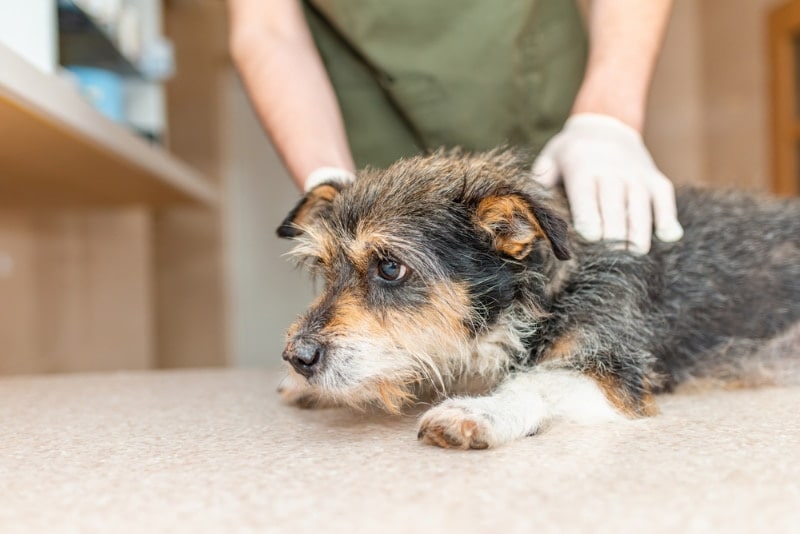
5. You might have access to every specialist you could ever need
If you’re lucky enough to live close to one of the United States’ 30 accredited veterinary universities, you have the best of the best at your fingertips. Most of these universities operate veterinary teaching hospitals where your dog can benefit from the latest research and might be able to get cutting-edge treatments that are not available anywhere else.
6. Specialists can have long wait times
Because there might be only a handful of specific specialists in your area (sometimes only one), it’s not unusual to have to wait a while for an appointment. I had to wait several weeks for my dog to be seen by the veterinary ophthalmologist (she was worth the wait). Specialty services can sometimes be costly, but the old adage holds true: You get what you pay for. Many specialists use high-tech equipment and techniques not available at regular veterinary hospitals and clinics.
7. Specialists are worth the wait
Sometimes the outcome can be much better when you and your veterinarian enlist the help of a specialist.
“We had a patient with urinary stones lodged in the urethra and could not move them,” Dr. Scibelli recalled. “Rather than have more invasive surgery, we referred them to a surgeon who was able to move the stones using fluoroscopy monitoring and perform surgery on the urinary bladder rather than surgery on the dogs urethra. It was less invasive, with fewer complications, resulting in better healing for the dog, who recovered completely.”
As for me, the veterinary ophthalmologist performed a highly specialized surgery on my dog’s eyelids called cryoepilation—basically she froze the follicles of the rogue eyelashes that were growing on the undersides of his eyelids so the eyelashes would not grow back and would no longer irritate his eyes. It’s been over two years since he had the surgery and his eyes have been perfect ever since.
Read More:
- Veterinary Medicine: 7 Advances You Need to Know About
- 5 Common Misconceptions About Homeopathic Veterinary Care
Featured Image Credit: ARVD73, Shutterstock

